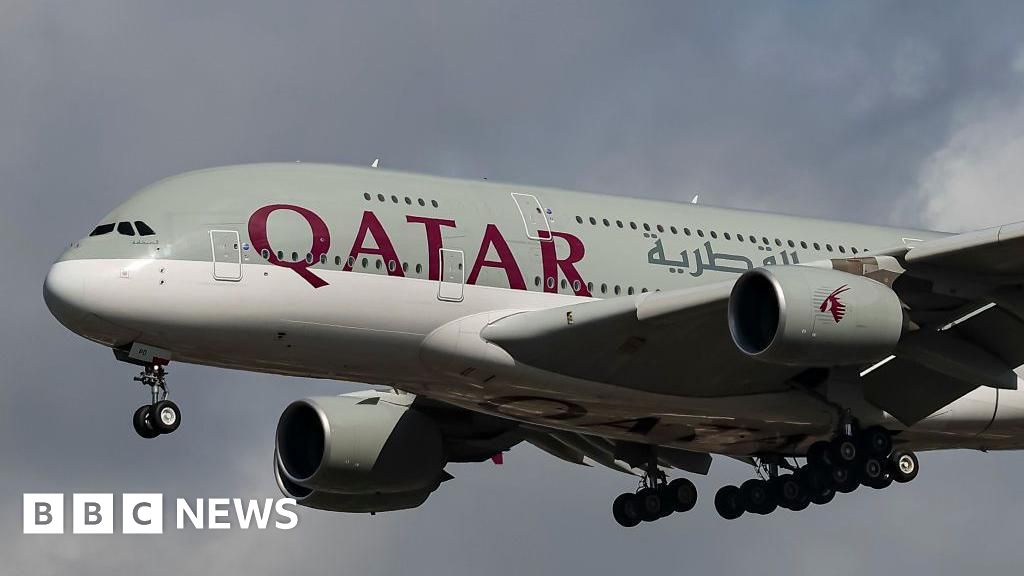Qatar University develops sustainable cooling system for poultry houses

Dr. Djamel Ouahrani is Associate Professor of Architectural Engineering at the College of Engineering, QU.
Doha, Qatar: Qatar University (QU) has developed a groundbreaking research initiative to develop a sustainable air conditioning system for poultry houses in hot and humid regions.
This project, led by Dr. Djamel Ouahrani, Associate Professor of Architectural Engineering at the College of Engineering at QU, involves a collaboration with Dr. Nesreen Ghaddar and Dr. Kamel Ghali from the American University of Beirut (AUB).
The research, funded by the Qatar National Research Fund, aims to address the critical challenges faced by poultry farming in maintaining optimal indoor conditions for bird welfare and productivity. The global demand for poultry products has surged due to population growth, positioning poultry farming as a preferred method due to its smaller environmental footprint.
However, maintaining ideal environmental conditions inside poultry houses is crucial for the welfare of poultry and ensuring high-quality meat production.
In hot and humid regions like Qatar, the high indoor temperatures and humidity levels can lead to heat stress in birds, increasing mortality rates and reducing meat production quality and quantity. Additionally, poor air quality, exacerbated by high levels of ammonia (NH3) and carbon dioxide (CO2) produced by chickens, poses a significant risk to bird health.
Commercial poultry houses commonly use conventional ventilation and cooling systems, such as direct evaporative cooling (DEC) systems, to maintain desired conditions. However, DEC systems become less effective in highly humid climates, necessitating the exploration of alternative cooling methods.
This research project proposes the Dew-Point Indirect Evaporative Cooler (DPIEC) as an alternative to DEC, which can provide cooling while maintaining constant humidity. Yet, its efficiency decreases in highly humid conditions. To overcome this limitation, a hybrid system combining DPIEC with a desiccant system is projected. This innovative system can reclaim water, enhancing sustainability.
The choice of adsorbent material in the desiccant system is critical. While conventional materials like silica gel have been used, new materials called metal-organic frameworks (MOFs) offer advantages such as higher water uptake and lower regeneration energy. Cost considerations in selecting adsorbent materials (silica gel or MOFs) affect the system’s investment and operational costs, including energy consumption.
To optimise system performance, mathematical models and artificial neural networks (ANNs) have been employed to develop a sustainable ventilation system for poultry houses in hot and humid regions. Additionally, a Life Cycle Cost (LCC) analysis was conducted to evaluate the economic feasibility of the optimised systems and provide recommendations.
The experimental set-up at the Zero Emissions Lab at QU included key components such as the dehumidification system, evaporative cooling system, and water reclamation unit.
Related
Qatar counts in West Asia and beyond – The Tribune
EVEN as analysts were preoccupied with the implications of US President Donald Trump’s policies for India, an important visit passed under the radar. The Amir
Couple Forced to Sit Next to a Corpse After Woman…
A married couple was forced to sit next to a dead woman on their 15-hour flight. No, you didn’t read that wrong. Two passengers—Mitchell Ring and Jenni
Dead body placed beside Australian couple on Qatar Airways flight
An Australian couple have spoken of the "traumatic" moment the body of a dead passenger was placed next to them on a Qatar Airways flight.Mitchell Ring and Jenn
Couple’s Dream Trip Turns Horrific After Plane Crew Places Dead…
A dream trip to Venice turned into nightmare for an Australian couple after a











